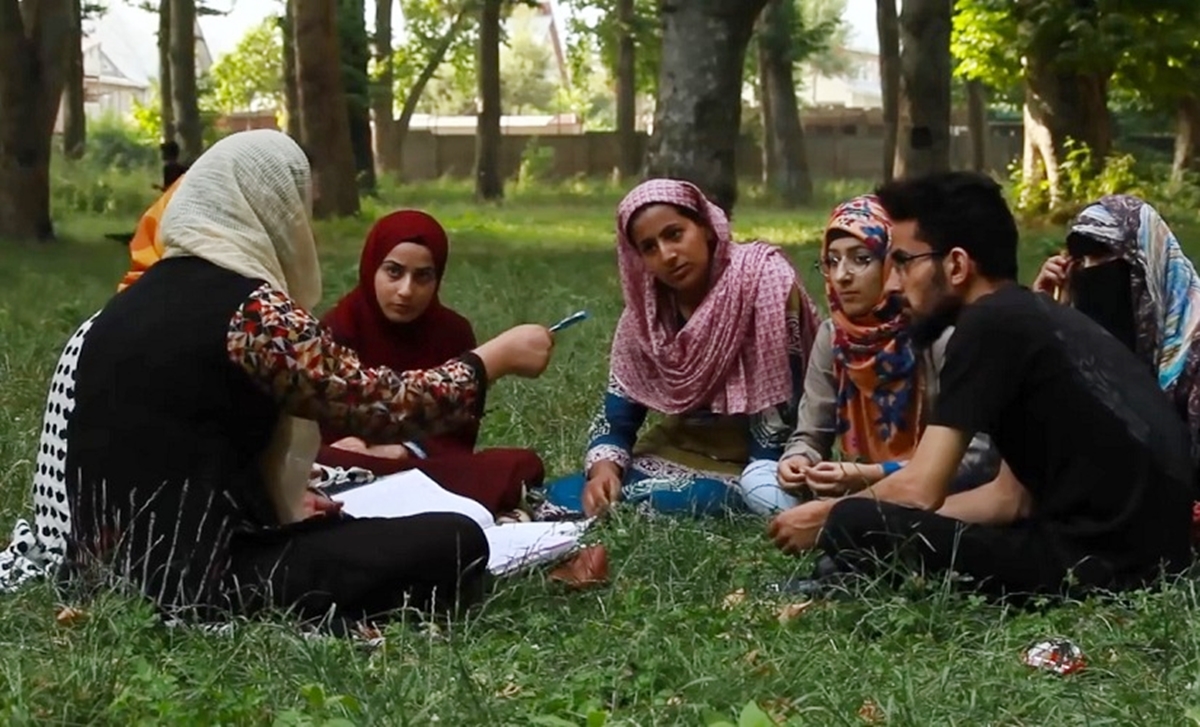Editor’s Note: This month, that is January 2021, FII’s #MoodOfTheMonth is Work and The Workplace, where we invite various articles to highlight the profound changes…
Login to Read!
This content is restricted to site members. If you are an existing user, please log in below. Or you can can create an account here.
